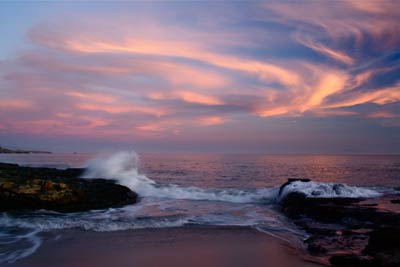All Nonfiction
- Bullying
- Books
- Academic
- Author Interviews
- Celebrity interviews
- College Articles
- College Essays
- Educator of the Year
- Heroes
- Interviews
- Memoir
- Personal Experience
- Sports
- Travel & Culture
All Opinions
- Bullying
- Current Events / Politics
- Discrimination
- Drugs / Alcohol / Smoking
- Entertainment / Celebrities
- Environment
- Love / Relationships
- Movies / Music / TV
- Pop Culture / Trends
- School / College
- Social Issues / Civics
- Spirituality / Religion
- Sports / Hobbies
All Hot Topics
- Bullying
- Community Service
- Environment
- Health
- Letters to the Editor
- Pride & Prejudice
- What Matters
- Back
Summer Guide
- Program Links
- Program Reviews
- Back
College Guide
- College Links
- College Reviews
- College Essays
- College Articles
- Back
SeaWorld’s Inhumane Actions Will Never Change
Orcas forced into captivity has become a sensitive topic for anyone who has seen or heard of the film Blackfish. This documentary directed by Gabriela Cowperthwaite dives into the life of killer whales at the marine park SeaWorld and reveals the horrible conditions these mammals experience behind the scenes. In the midst of controversy, Orca Protection Act AB 2305 established on February 18th, 2016, was created to prevent the captivity of an orca, to breed or impregnate an orca, and to transport an orca located in the state to another state or country. In this bill the orcas being used for research purposes or rehabilitation are expected to return to the wild, but if it’s not possible, then the orca can be used for educational purposes. The fine for breaking AB 2305 is $100,000.
This law is a start, but it is not enough. Allowing establishments like SeaWorld the right to keep orcas for research gives them an excuse to keep these marine mammals forever. There are also no ground rules stated above that give killer whales protection as they are forced to perform at these parks. Conservation through education should be more of a priority, and I am unsure this law enforces this idea.
SeaWorld is manipulative and knows exactly what to say in order to get what they want. They will tell people “[t]he best place for these killer whales is to be with our dedicated and world-renowned animal care specialists, who have and will continue to provide each of them with the world’s best possible care,” but evidence proves how this information is unrealistic for these orcas. In the documentary Blackfish, the audience learns how SeaWorld took orcas from the wild. This park hired people to transfer killer whales into their marine mammal park by forcing the babies into captivity and away from their mothers. It is unfortunate how SeaWorld’s morals have been undermined in the pursuit of greater profits while disregarding the welfare of their animals.
In a research paper titled “Pros and Cons of Marine Zoological Parks According to Marine Conservationists” written by Kayla L. Patama, she discusses how the visitors’ mindset has been shaped to favor entertainment in zoos rather than the education about animals. This is not the public’s fault though because industries like SeaWorld have adapted activities like “trainer for a day” and “swimming with dolphins” to trick people into spending more of their money at their park. It has continually been proven that SeaWorld relies on the commercial use of orcas, and AB 2305 ignores the effect, this inhumane way of thinking, has on these captive marine mammals.
We need to enforce conservation to help instigate a healthier environment for SeaWorld’s killer whales to live in. The orcas species’ basic needs should be filled and proper knowledge in parks would help drive this necessity to be implemented. New procedures in the future could include keeping families together to avoid whale on whale aggression, or expanding the tank to allow them more freedom to roam. Food should never be withheld from the whales when they choose not to perform a skill because it distorts their natural adaptation throughout evolution to start associating tricks with nourishment. Education amongst visitors is important, but trainers and employees working with animals need authentic training the most to ensure appropriate actions are always instigated for these creatures.
SeaWorld has continually gotten away with improper care of their killer whales, and this wrongdoing amongst a single species uncovers a larger issue: it is time to expand the Orca Protection Act AB 2305 and advocate for conservation through education in these parks.

Similar Articles
JOIN THE DISCUSSION
This article has 0 comments.
